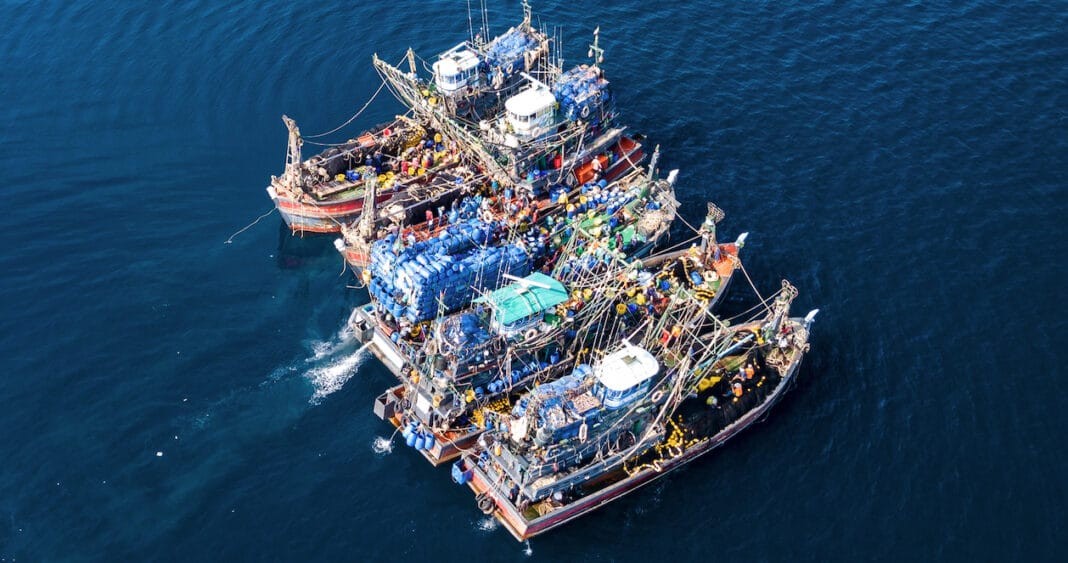The folks at Oceana released a new analysis this week finding that the US doesn’t keep track of its own fishing vessels as well as other countries, including the European Union.
Oceana says this analysis reinforces the need for the US government to expand regulations and require more fishing vessels to use public tracking devices.
Public vessel tracking is enabled by automatic identification systems (AIS), which were originally developed to increase maritime safety, reduce vessel collisions and enhance awareness of ship locations at sea, but it has also become an invaluable tool for monitoring fishing vessel activity.
These devices broadcast a vessel’s location, speed, direction and other identifying information, providing key details that, when analyzed, can demonstrate when and where a vessel is fishing and infer what type of fishing it’s engaged in, according to Oceana.
Oceana argues that AIS is a cheap, easy-to-implement technology and should be required on more US fishing vessels and the United States should require similar transparency of seafood imports.
Expanding transparency will help bring to light suspicious behaviors, protect ocean habitats and wildlife, and discourage illicit activity like illegal fishing and human rights abuses, according to Oceana.
Oceana’s analysis found that only 12% of the more than 19,000 commercial fishing vessels registered in the US fleet are required to carry AIS devices.
Beth Lowell, deputy vice president for the United States at Oceana, said:
“If we’re serious about stopping illegally caught seafood from entering the United States, we need to know more about the seafood we import, and to do that, we need to expand transparency of fishing. The United States must embrace transparency at home so we can demand it elsewhere. Expanding domestic rules will allow the United States to make vessel transparency a requirement for seafood imports and enhance our tools to combat illegal, unreported, and unregulated fishing.”
Check out the full report here.

